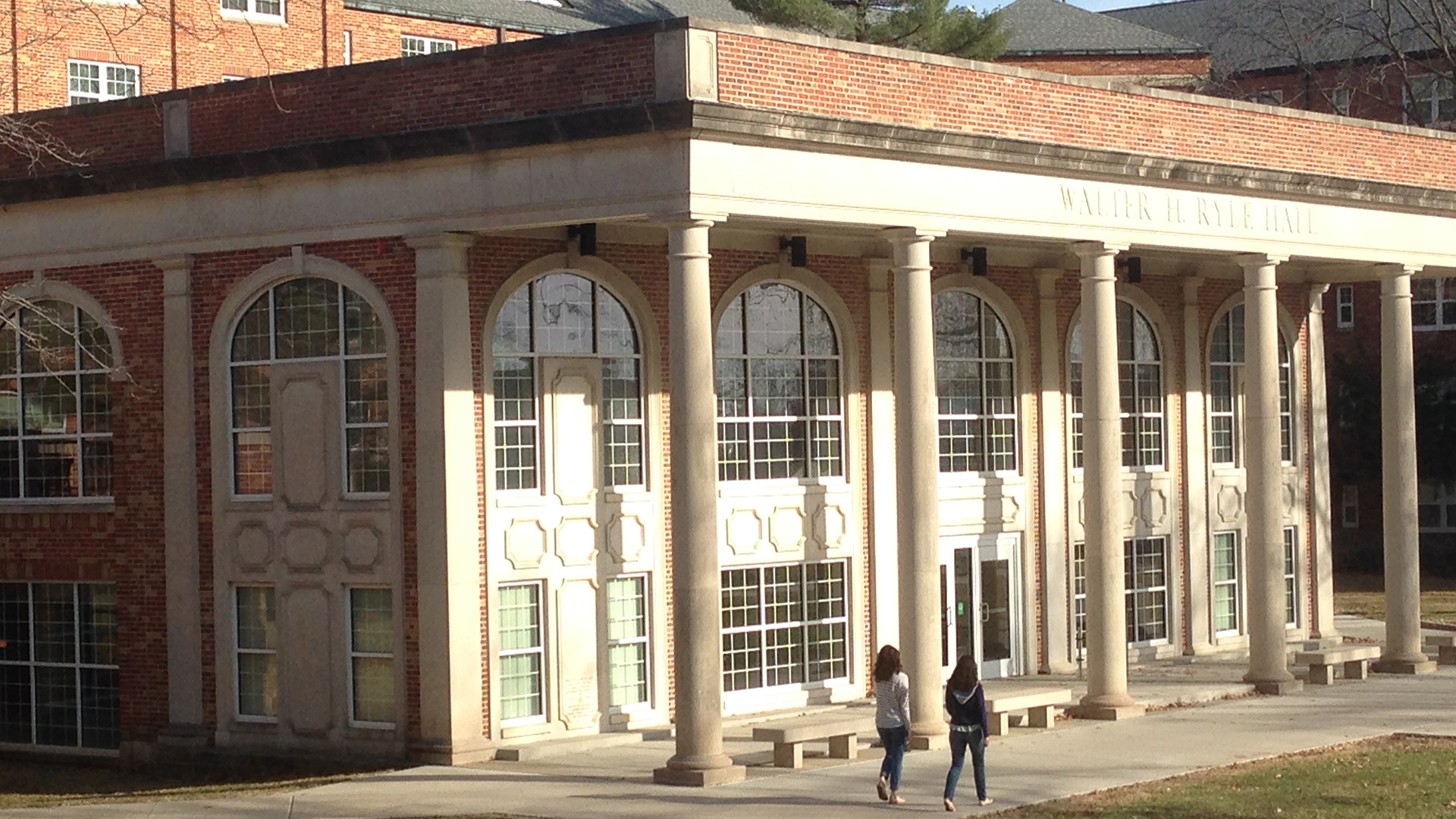

When my grandfather attended Kansas State University, he lived in a “cooperative housing” arrangement called the Scholarship House. The 45 residents rotated through various duties, such as cooking and cleaning, and had meetings where they determined the common rules, decided what the House’s budget would be and how it would be spent. It operated more or less democratically, with the exception of a “house mother” who created the work schedule, made sure that everything ran smoothly and taught basic table manners. Housing cooperatives have thrived in this country for many years, challenging students to directly participate in the creation of their living conditions. Truman State should follow this example and give democratic control of residence halls to the students who live there.
Several American universities formed dormitory cooperatives during the Great Depression as a way for students to save money on housing costs. They were basically housing cooperatives on a larger scale — students did most of the daily chores, elected leadership and decided on the rules residents would follow. Despite the disappearance of dormitory coopera- tives during the 1950s, cooperative student housing is still common in the United States, with about 240 cooperatives serving 51 universities, according to a September 2007 US News article. Students who live in these mostly off-campus arrangements work about five hours a week, roughly the equivalent of Truman’s scholarship jobs program. The costs are often less than half of what school dorms charge for room and board. For example, cooperative Robison Hall at University of California, Los Angeles, charged $4,601 per year during 2007, less than half the university-run dorm price of $11,212, according to the same article. This means each hour of work is equal to $39 saved, making cooperatives a very economically attractive housing option.
In addition to the financial benefits, cooperative dormitories would provide indispensable experience in learning how to work with peers and participate in the democratic process. Students would attend regular meetings and voice their opinions about different issues they feel are relevant. They also would have to listen to opposing viewpoints and reevaluate their own positions about campus issues. This would supplement the critical thinking, argumentation and public speaking aspects of our liberal arts through hands-on practice.
Many students at Truman currently complain about curfew rules, student adviser duties, emergency planning and other policies without having a real outlet to share their ideas. If residence halls were democratic, residents would be able to voice their concerns at the deliberations and debate potential resolutions, which would lead to meaningful solutions. In addition to making changes, students might gain a new appreciation for rules they otherwise thought were unnecessary. For example, while many residents — myself included — currently complain about fire drills, they might come to a new understanding of why such annoyances are essential once given the responsibility of creating safety policies. The powers and responsibilities that result from direct participatory democracy would grow our understanding of what it takes to run a society, even on a small scale like Truman. Perhaps most importantly, students would feel their opinion actually matters.
Such a fundamental change probably would have to be accompanied by other alterations to campus life, and might come into conflict with the University’s nondemocratic institutions. Parts of the Student Conduct Code, which was written by the administration without the consent of the student body, might fall out of favor with students as they begin to openly discuss campus issues. For example, students in one residence hall might prefer quiet hours at an earlier or later time than what it is now, depending on the social environment of that residence hall. Students would have to work with the administration to resolve such conflicts on a case-by-case basis, and they would have to make compromises. Other rules and practices the nondemocratic institutions have created might also be challenged. The hiring and firing process for hall directors, student advisers, housekeepers and student workers might be changed according to the wishes of the student body.
In addition to changing the Code, the University might also create checks on student power. Major decisions that affect other parts of campus outside dorm life initially could require the approval of the administration. Students should keep an open dialogue with the administration as they take over the new responsibilities, and as students become more acclimated to running campus life, fewer checks would be necessary.
This is not to say everything will be changed — many University rules and policies generally are agreeable and would remain as they are now. Instead of wiping the slate clean and starting over, students would use their newfound democratic power to improve existing structures and truly make the most of their university experience.
This column was originally published in the Index on Jan. 28, 2016.
